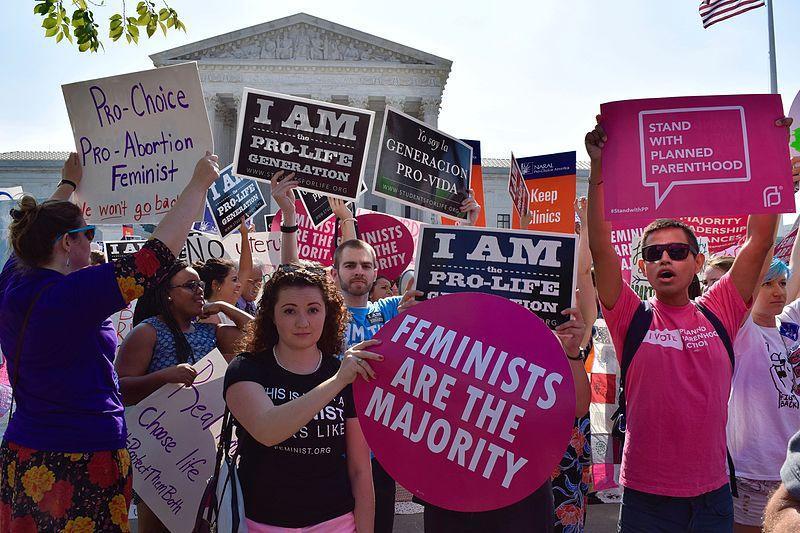For decades, feminists have been working to prove to others they are also feminists simply for having basic human dignity and believing in equality of the sexes. Once equated with throwing away razors and hating men, the public perception of feminism has transformed.
Yet as with many identities, if everyone is a feminist, is anyone? Not that feminist ideals no longer exist or that its issues have been solved, but the definition has become so widespread to cover every woman and man that its use covers a wide range of beliefs.
Turning what was once an overwhelmingly taboo term into a seemingly omnipresent label is a worthy achievement of organizers and activists. Yet I cannot help but suspect minority movements lose much of their power once adopted by the majority.
It’s also important to remember that in the context of the feminist movement, mainstream feminism has a history of undertaking homophobia, transphobia and racism to align its message with the majority.
Modern reasoning for this watered-down feminism may come from its hip status or co-opted rhetoric, but these are only pieces of a larger problem. The mass adoption of the #feminist label has been lauded by everyone from Nicki Minaj to Barbie to Sarah Palin, and while it is great that women who differ ideologically can align themselves with feminism, we need to be on the same page about what feminism means.
A minority-movement quickly becoming a majority-mindset easily loses its pugnacity. Thus, at a time when the label becomes assumed, the work one does to align themselves with feminist ideology is more important. Jessica Valentini wrote for The Guardian, “Feminist can be a label, a practice and a lens by which we view the world.” Just because everyone has gotten on board with the first application does not mean the other two should be forgotten.
An unprecedentedly large women’s march was organized after Donald Trump’s election, which many media pundits claim was won by the votes of white women who saw a feminist branded Ivanka as an affirmative to vote for him. Two very different kinds of women on opposite ends of a feminist debate, both touting mainstream feminism, is evidence that the label has become stretched so thin that it is nothing more than a veneer over a swirl of opposing ideology.
The need for feminism has not vanished or even diminished, but the effect of mass-acceptance of simply the concept of feminism has seemed to placate many who take up the term. Maria Bianco wrote in Quartz magazine, “the price tag has been the meaning of the movement itself.”
Visibility is vital in any civil rights effort, but sweaters emblazoned with “feminist” made in overseas sweatshops tend to undermine this very message.
This discussion does not extend beyond our borders into countries with more over gender disparities, nor does it put aside nonpartisan issues such as the wage gap. However, the majority of first world, western feminist issues should be labeled with much more nuanced language than “feminism.”
Ryan Thaxton is a 20-year-old mass communication sophomore from Monroe, Louisiana.





